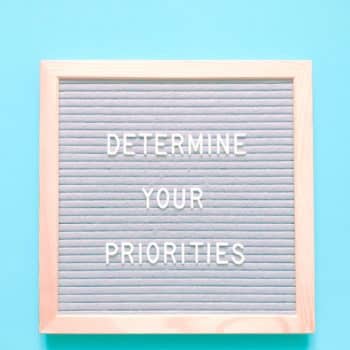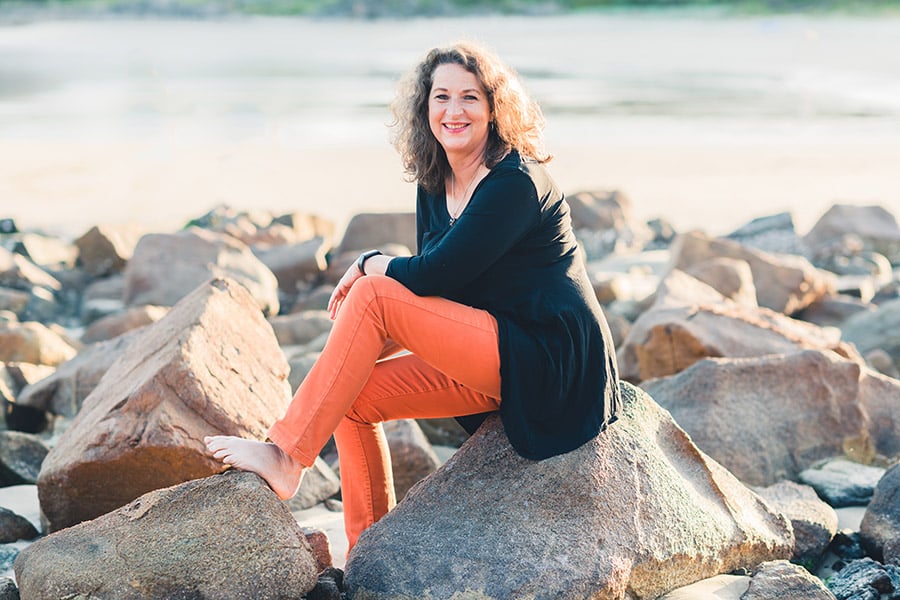I have been reflecting recently on what is it about mid-life that people call it a ‘mid-life crisis’? In the perceived first half of our life, we go from home to big school, big school to High School, to Uni, to marriage, to having kids & they are all just the next transition of life. In fact they are celebrated. Then something happens? What is it? Why do we not celebrate menopause, ’empty nesting’, reassessing our life’s purpose, retirement, being able to get out without dependants & have fun? Why is it not a mid-life transformation? I don’t get it.
Is it the fear of change? That is common at all stages of life. Is it that on the ‘wave of life’ turning 40/50 is the crest of the wave & it appears that we are now on the down hill run of aging & towards imminent death? It’s actually time to get a grip on reality. You have been aging & dying since you were born!
What I have realised is that younger people have a goal to study & establish a career, or to go off & travel, then to ‘settle down’ & have children. After that, often the planning goes on hold, or definitely alters, especially the personal goals, while the whirlwind of family life takes over. Then suddenly, ‘Oh my God, I’m turning 40/50. I am going grey, looking old, my health could be better & I am running out of time to do all those thing I said I was going to do’. People start to focus on what they haven’t done & can’t do, instead of what they can still do. Fear takes over.
We become the ‘meat in the sandwich’ – between the kids, grand kids & aging parents. Some have been in a career or relationship for a long time & are questioning ‘is this all there is?’; the kids are leaving home; there is divorce, remarriage, blended families – all so complex. Where did the ‘me’ time go? What happened to the self nurturing? How can you possibility look after all these thing if your are not in peak condition – mind, body & spirit? They say ‘I wish I knew what I know now, when I was 20, I would have done things differently’. You gained what you know now by doing what you did. That’s how life works. So now that you know it, & you still have a lifetime ahead of you, implement the wisdom, create & enjoy the rest of your life.
So what if you were fearlessly able to embrace this change? How would you be?
This mid-life transition can be a crisis or a transformation, depending on how you choose to think about it. When you learn to understand that your thoughts create your feelings which determine your actions or non-actions, you can then choose better thoughts for better feelings & better actions. Fear is the biggest factor that stops us. Fear of change or the the unknown. So, it’s quite simple – write your ‘bucket list’, remove the fear, create a strategy & get on with it.
I am 49 & on the journey with you. I am the meat in a sandwich (not that there are grandkids yet) & I refuse to allow it to overwhelm me anymore. I am stronger & more committed to living my life how I want to, with real honesty & authenticity, than ever before. The system that works for me is:
- Clarify your goals: Connect to your passion – your heart. Live the life you want, not what others expect of you.
- Remove any fear associated with achieving them. This can often be at an unconscious level. Get honest with yourself.
- Assess where your health, finances & relationships are really at. Are they assisting you or a hindrance to you moving forward.
- Create a strategic plan – what to do, by when. Simple consistent steps.
- Hold yourself accountable for moving toward the goal. This is where a coach is really valuable.
I believe this system can be implemented at any age. In fact, the earlier the better. Become a master of your mind, working through fear & embracing change. Live from your heart, express your feelings, choose to be happy, ask for support & keep learning. Connect to your passion & you will not work another day. Live every day like it could be your last.
My goal with Bucket List Coaching is to teach people to remove the fear around aging & death, infuse it with fun, take control over your destiny & enjoy the rest of your life so you can Rest in Peace with No Regrets.












